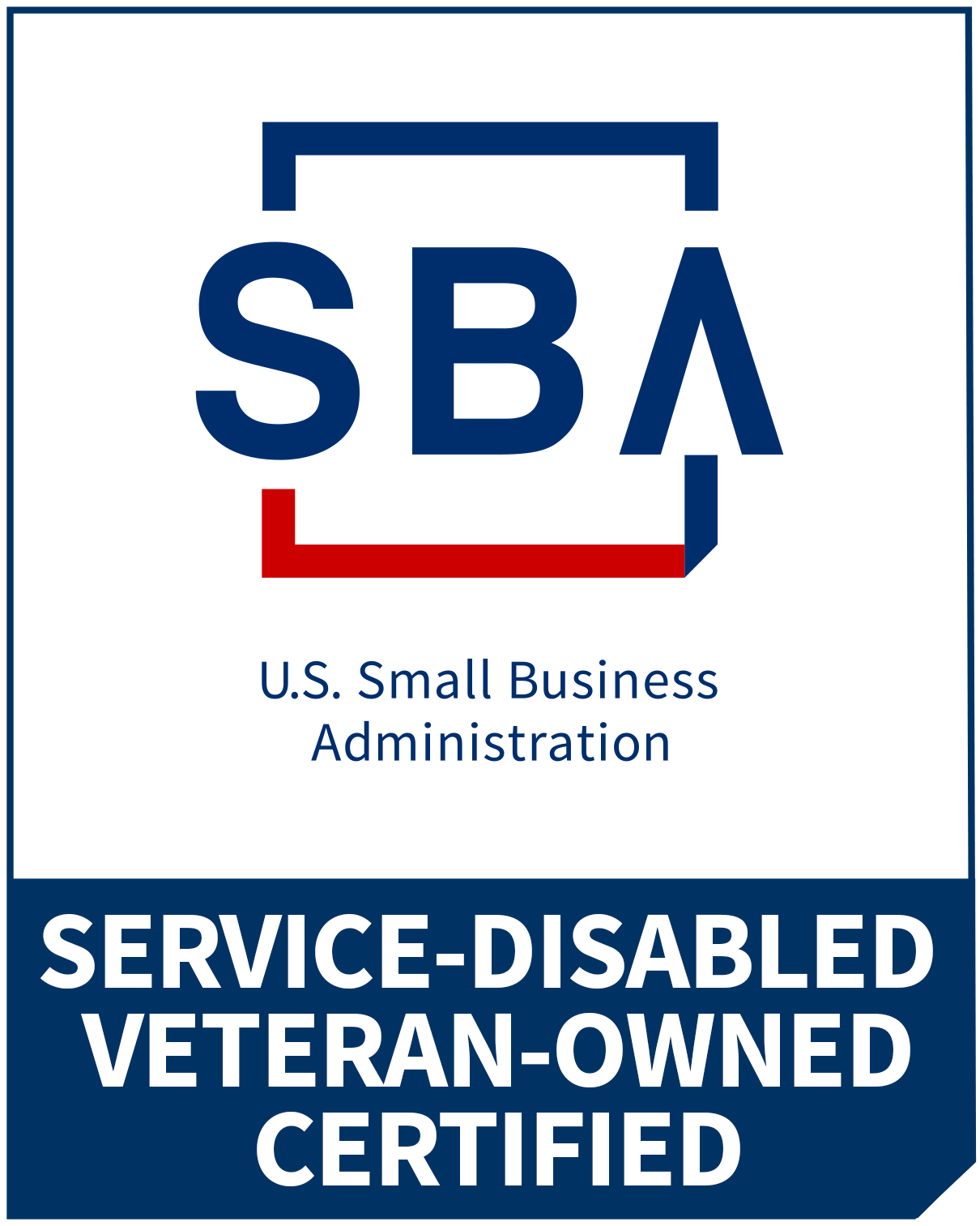We hear all the time that hiring is destiny: You have to be very careful when looking for new team members—especially those who are on the front-line and Customer facing—that they’re empathetic, Customer-focused, and just plain nice. In fact, there’s an entire cottage industry growing around hiring for your support/services/sales teams to ensure you’ve got the right fit. Once they’re in the door, we spend tons of time (and money!) explaining our processes and procedures to our new hires so they can make an impact right away. We may enable them with some of the greatest technology, give them awesome benefits packages, and even stock the fridge in the break room for them. Volleyball pits, shuffleboards, ping-pong, you name it. We’ve given them everything they need for work, and play, it seems.
Then they sit down at their desks, put on their headsets, and take calls.
And the wheels fall off.
Now, as CX professionals, we know that when we’re Customers ourselves and are interacting with front-line folks, they’re (almost) always positive and want to be helpful. Of course, everybody has a bad day from time to time, and all hiring isn’t perfect. But especially for those of us in the CX field, we’re sympathetic at least to those we encounter. And even if we, being in the business, hold them to a higher standard, we can tell when it’s not the agent’s fault. In fact, that’s even more upsetting.
I’ve actually told phone agents and associates (and more than once or twice to people in person) how sorry I am for them that they’re put in a position where they’re either not trusted, or not equipped with what it takes to help their Customers. I’m not just being snarky, either. I tell them I know they want to help me, but are hindered from doing so either for lack of tools or authority. Why do so many organizations spend so much in time and resources in hiring the perfect team only to hamstring them either with ineffective tools or in an environment that’s more concentrated on following procedures than on using the tools (that they do have) to help Customers? It’s a sign that your employees care about your Customers more than you do.
Both poor tools and lack of empowerment are big impediments to a great CX, and when they’re both lacking it’s disastrous:
If you are concerning yourself more with the people you hire than you are with the environment in which they’ll be working, you’re doing yourself and them a great disservice. And they’re going to leave you because you’re insulting them. If you tell your candidates throughout the interview and hiring process that they’re expected to be empathetic, Customer-focused, and dedicated to delivering extraordinary experiences, but then after they’re hired, they find that they’re not equipped properly or trusted enough to do what it takes to take care of your Customers, then the problem is you. For all the talk of how important our team members are to us, it’s a true slap in the face to them to insist they be Customer-centric but then impede their ability at every turn to deliver on your Customers’ behalf.
Sometimes it’s just the tools…I’ve worked with a lot of organizations, especially early-stage ones, that don’t yet have the best systems or mechanisms for doing the job. In these companies, it’s a maturity thing and there are growing pains. Sometimes there’s just not enough revenue yet to build out the proper CRMs and other utilities. Even in larger, older organizations, though, legacy structures are often more a burden than a help. In either such instance, the superstars of the organization are those who show curiosity and creativity in working around those monstrosities you’ve thrust upon them in order to serve your Customers. They’re entrepreneurial and clever. Those are your future leaders…keep an eye on them.
But if yours is an organization that doesn’t even allow such off-the-cuff problem-solving, you’ve let your employees down in ways that go beyond your faltering tools. Have you compounded the frustration they’re feeling by not having the tools in place to better help your Customers by also disallowing them from using that great Customer-centered attitude you insisted they have to look for unorthodox solutions? Are your rules even more of an impediment to success than your poor systems? Do you devolve to the very front-line members you cared so much about during the hiring process the authority to work on behalf of your Customers they need? Do you trust them? In short, do you deserve the great people you hired?
The answer is always going to reflect on your culture. Success requires fostering a culture of compassion over a culture of compliance. Your tools may need a lot of work. Your employees are worth the investment it’ll take to make their jobs (of, let’s not forget, serving your Customers) easier and more efficient. But even beyond that, it’s vital that you allow them the room to run and use those tools (even if they’re not perfect…no, especially if they’re not perfect) to help your Customers. It’s why you hired them, after all. Show you’re worthy of the high-caliber folks you’ve hired.





